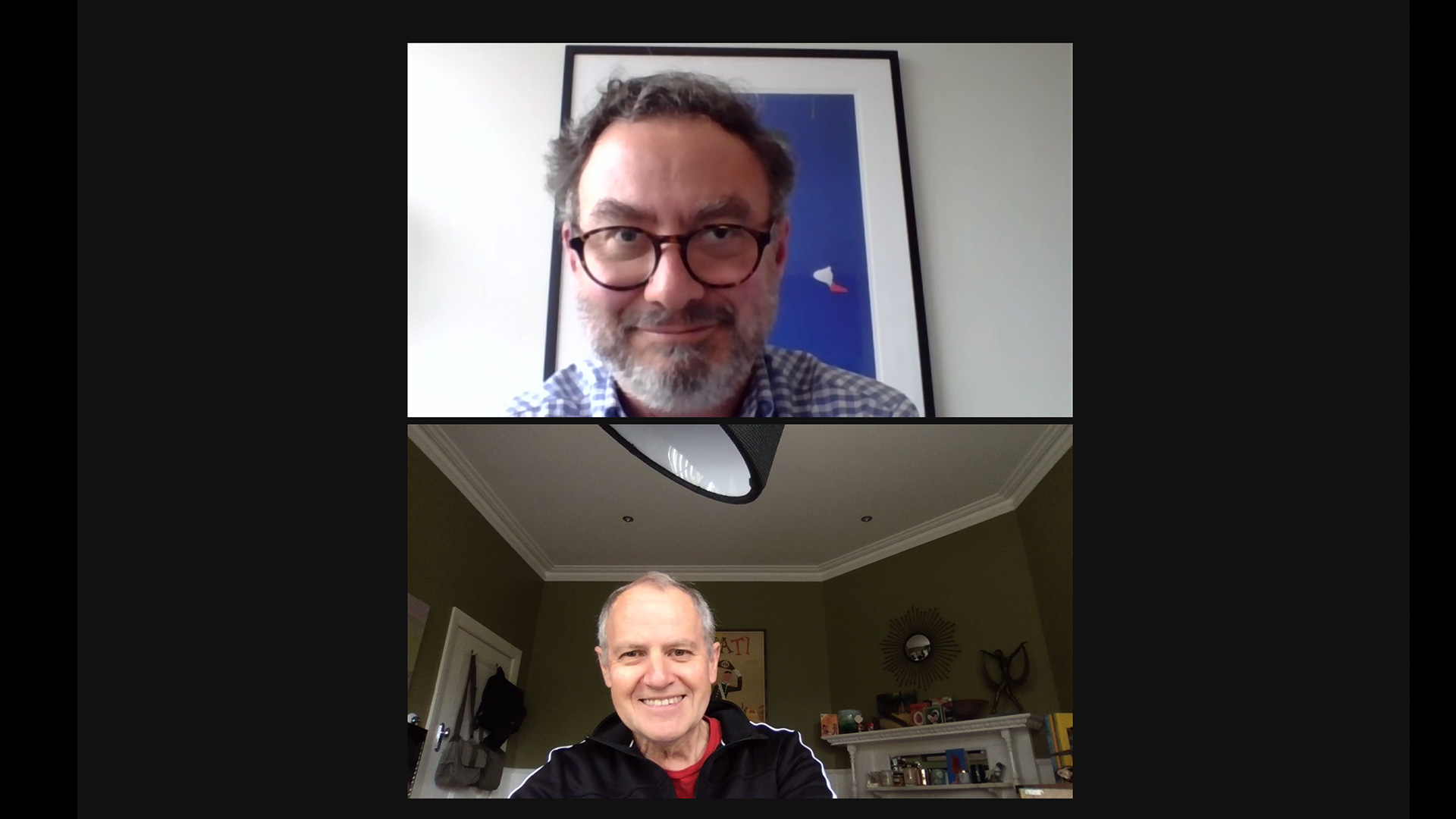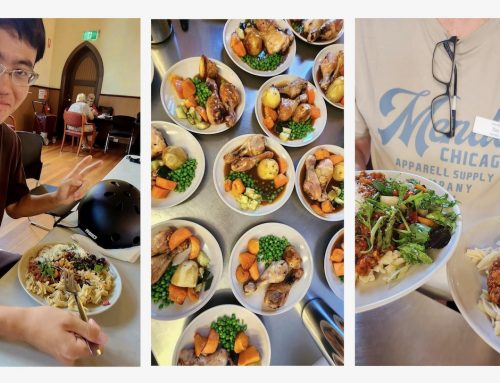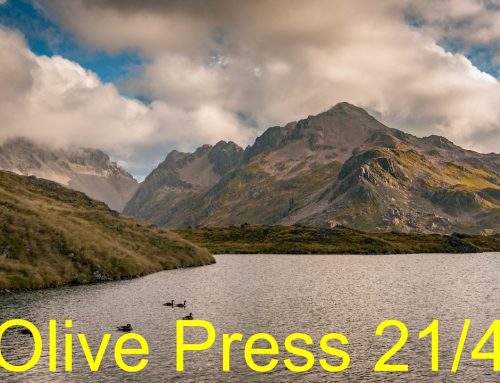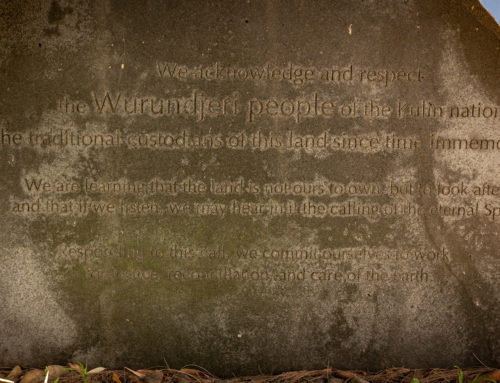Riding the Waves with Jim Kilpatrick
As this second wave subsides and we move towards the end of this series of 12 conversations, we speak with Jim Kilpatrick. Jim is something of a ‘detective’ in his work and understands better than many not only the importance of access to technology and information, but also that is an issue of justice.
What has happened to you during this latest lockdown, Jim?
I’m part of the Collection Description team at the State Library, researching and creating metadata around photographs, historical maps etc – describing materials that can go on the website. You’re part ‘detective’ in a way, trying to find out what the object/image is, rather than what you think it is. We spent the first month of this lockdown turning our jobs around, adjusting and using various technology in order to work effectively with colleagues remotely.
This period has obviously narrowed down my social life, but I’m still communicating with pretty much the same people, just in different ways. Ironically, I’ve started to do more things with BUC rather than less, like ‘Prayers of the People’(POP). I’ve also taken on more things at work, so I’ve felt isolated but not too much.
What has got you through?
I’ve been glad that I’ve had full-time work keeping me occupied during the week, because I know I’ve got friends and relatives who don’t have an income or it’s been precarious for them.
But it has been a test for me, like it has been for all of us. I’m a reasonably resilient person and I’ve been actively asking for and learning new things at work and that’s kept me occupied. On weekends I do things like watching YouTube or exchanging messages on Facebook with a friend who’s home-schooling a kid, things like that. I’ve been actively keeping in touch with people as much as I can and that’s what’s got me through.
All these stories of people being abused etc – I haven’t personally seen that, although I’ve spoken to people who have. I’ve generally experienced the opposite, people being quite resourceful, ‘cutting people slack’ and being friendly and looking for ways to help others.
What has brought you joy?
The Sacred Harp choir, run by Shawn Whelan and Natalie Sims, has been on Zoom and I’ve been enjoying that. I’ve also been enjoying writing POP, being a member of the Worship Committee via Zoom and being able to contribute more to services that even people outside of BUC have been watching. It’s terrific to know that it’s been reaching people and that people are taking advantage of new ways to help the community function, like the Zoom Chat with Ian after the service.
There’s also a park near where I live where families go at the end of a working day. The parents look exhausted and are wearing masks, but there’s all these kids and dogs who are happy – they don’t know that there’s a virus – and they’re all running around laughing – that’s been great to see.
And just joking around with people. We all know it’s been difficult and crazy and we seem to be less worried if things don’t work. Like “it’s all been crazy, why shouldn’t this be crazy”. So seeing other people dealing with this in a positive way has been helpful.
What have you learned over this time?
That my existing communities – family, church, even work – matter more when it’s narrowed down during a crisis. No-one is the same after a crisis and no community is the same when you come out of it. I have a strong sense of gratitude in realising that I’ve got all these support systems.
What have you been looking forward to?
Catching up in person with people more, certainly. Remote is a useful substitute, but it’s not the same. And going to a wider range of places. I feel like I’ve been out of Melbourne’s centre for 8 or 9 months and I’ve been wanting to come back both to the CBD and the places in the suburbs where my family is located. There’s a great sense of ‘going back’ to a wider Melbourne.
I think everyone has been looking forward to Advent and the sense that things are changing; like the ‘winter before the spring’ and the sense that Melbourne is opening up.
What changes would you now like to see as we emerge from this second wave?
I would like my work to continue to be remotely accessible for at least part of the time. I’d also like us to ensure that everyone can have better computer access at work and generally in all sorts of communities. You can take access to technology for granted and forget that not everyone has it. This COVID period has underlined the knowledge and information divide between those who do and those who don’t have good, accessible internet access – and have the skills to know how to use them.The library profession is learning a lot from this and how we might include people we can’t currently reach.
BUC is the same – there are people who can’t access things online, or can’t use it effectively if they do have it. There are generational and financial aspects to all this. We also make all sorts of assumptions about having a stable home or good language skills or having people who can explain things to you. So there’s an element of privilege to all that. We’ve hopefully learned that these things are more important than we thought, like the NBN becoming massively important.
Peter McKinnon, 19/11/2020
Visit the Riding the Waves page for all the stories.






Leave A Comment